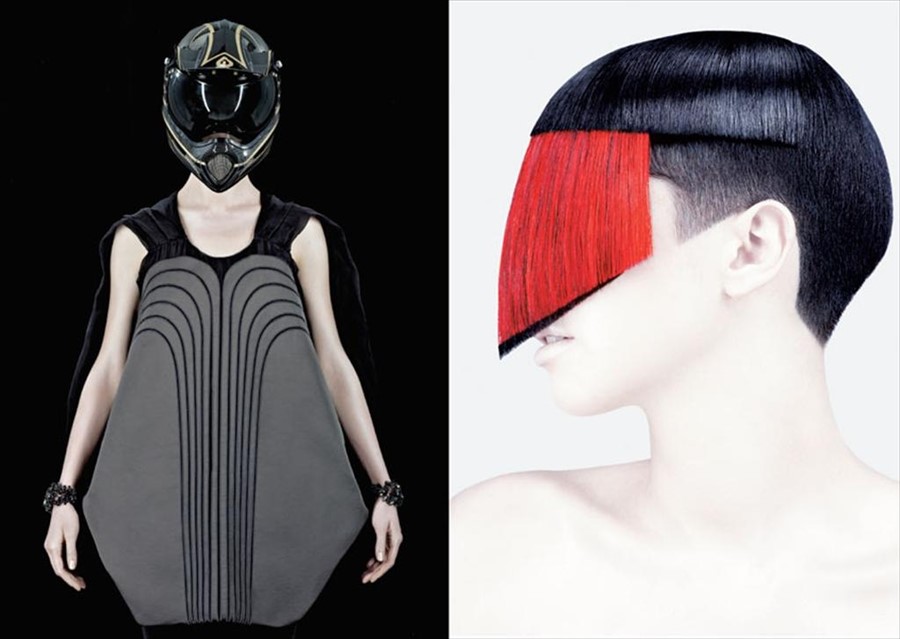The latest subject in Donatien Grau's An Intellectual Fashion questionnaire is acclaimed art director Fabien Baron, responsible for the design of Madonna's iconic Sex book, controversial Calvin Klein campaigns and countless magazine re-designs...
French-born, New York-based Fabien Baron, is a leading art director who has and continues to work on a variety of fashion, beauty and design, editorial, commercial and collaborative projects including the collage-style design on Madonna's iconic book, Sex. He began his career at GQ before re-designing and re-launching magazines including Italian Vogue, Harper's Bazaar, Arena Homme Plus and his latest, Interview, where he is also editorial director. In 1990, he founded Baron & Baron an influential multi-capable advertising and design company, which has partnered with brands including Balenciaga, Calvin Klein (including the 2008 fragrance commercial for Secret Obsession, banned from US television), Prada, Francois Nars and Viktor & Rolf.
How would you connect fashion to elegance?
By principle, the idea of dressing is based on making an image for yourself, which relates to a desire to look good, and this is tied to elegance somehow.
What is the role of history and art history in your conception of fashion?
It is crucial, actually. I like the idea of spontaneity and of doing things at the moment. But if you have a great knowledge of the past, a great understanding of art history, and actually any aspect of culture, it gives you a much better perspective and a better ability to then work in fashion.
"Fashion has an eye on the future: the people who work in that field have to look farther, but to incorporate elements from the past."
Would you describe fashion as a language and a discourse, as Barthes did it?
I would say so. It’s not only a language, but it is a foreseeing one. Fashion has an eye on the future: the people who work in that field have to look farther, but to incorporate elements from the past.
The word "intellectual" was coined in a time of great political distress. Does fashion have a political role? And in which way?
It’s very much a representation of the world: if fashion does well, the world does well. If fashion doesn’t do well, it’s the same for the general situation. It’s quite strange, they follow each other very directly.
How would you relate the concept of "fashion" to the one of "style"?
I think style is personal, before anything else, and that fashion is a code: it relates to what is visually acceptable at a certain moment, whereas style transcends time.
What does fashion have to do with intellectuality?
Any creative form is based somehow on some intellectuality, even if you can’t verbalise it.
You work as a an editor, a fashion photographer, and an art director. How do these activities interact?
For me, it’s all the same: it’s a language, it’s about communication. When you communicate, you use the form that is right. It’s like when you speak different languages: you pick the right one for the right person. French, English, Spanish, Italian. They’re different, but at the end, it’s the same process of communication. The idea is the same. What you want to verbalise is the same. The vocabulary is different, the tools are different. For me, working in different places is very simple. I understood very early on that you have to learn the language of it, and then the expression of it is your idea. I’m good at languages!
You work in advertisement in fashion and in other fields. Do you see any specificity of fashion advertisement ?
When I work for fashion, for a fragrance, for a car, I have to learn the language of the brand I’m working for. I’m here as a translator, as the person that is going to verbalise the DNA of the brand and to put in a way that makes it seductive and adapted to that brand.
In this column each interviewee picks the picture that illustrates their interview, answers six questions that are the same for all contributors and then two more that are designed specifically for them. In two weeks Donatien will be interviewing the fashion academic and curator Valerie Steele.
